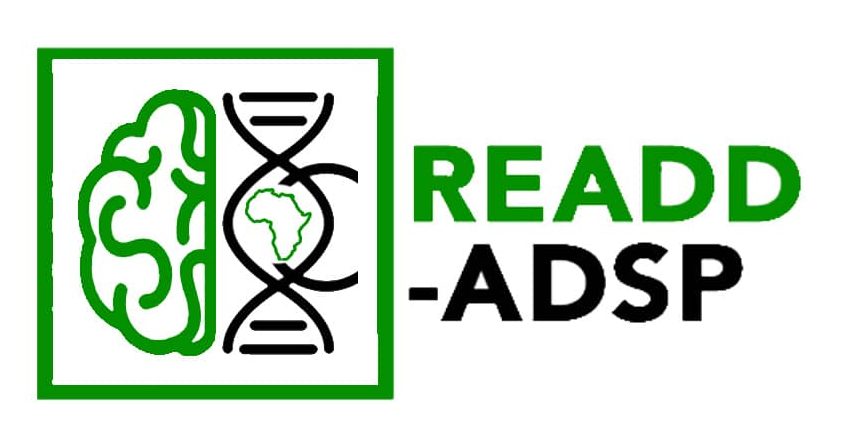Recruitment and Retention for Alzheimer’s Disease Diversity Genetic Cohorts in the ADSP (READD-ADSP-AFRICA)
The READD-ADSP project is a pioneering study aimed at enhancing diversity in Alzheimer’s Disease (AD) genetic research by focusing on underrepresented African populations. This initiative, part of the African Dementia Consortium (AfDC), brings together a network of universities and research centres across Nigeria, Ghana, Benin Republic, Mozambique, Uganda, Kenya, Cameroon, and Tanzania.
By including a broad representation of African populations, this research seeks to expand the understanding of the genetic causes of AD, which is essential for developing effective treatments and prevention strategies.

Participation Details

Duration
The study will run for five years (2022-2027), though participants’ involvement will typically require a single session unless follow-up is necessary.

Activities
Participants will undergo interviews, clinical assessments, memory evaluations, and blood sample collections. In some cases, they may be called back for additional information.

Privacy and Data Security
All participant data will be anonymized and securely stored. Access to data will be restricted to authorized members of the research team, and any shared data will be devoid of personal identifiers to ensure privacy.

Impact and Benefits
While participants may not directly benefit from the study, the data gathered will significantly advance Alzheimer’s research, potentially leading to improved services and interventions in the future. The study also promotes collaboration among scientists, fostering a greater understanding of AD within and outside Africa.
Lead Investigators

Prof. Margaret A. Pericak-Vance, PhD
Director, John P. Hussman Institute for Human Genomics, University of Miami Miller School of Medicine, USA.

Prof. Rufus Olusola Akinyemi, MD, PhD, FAS
Professor of Geriatric Neurology and Translational Neuroscience, Institute for Advanced Medical Research and Training, College of Medicine, University of Ibadan, Nigeria.

Prof. Adesola Ogunniyi, MD, FAS
Professor of Medicine, Neurology Unit, Department of Medicine, Faculty of Clinical Sciences, College of Medicine, University of Ibadan, Nigeria.
Funded by
National Institute of Ageing, National Institutes of Health, USA.
Grant number
READD-ADSP 1U19AG074865
